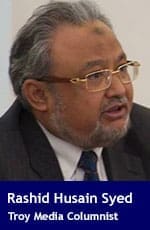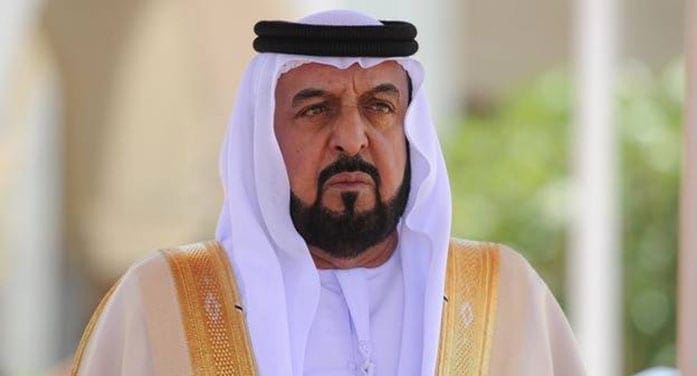 Crude oil markets have left a confused picture and observers can’t decipher where prices will stabilize.
Crude oil markets have left a confused picture and observers can’t decipher where prices will stabilize.
In the immediate aftermath of the Organization of Petroleum Exporting Countries (OPEC) fiasco last week, oil prices were on a slippery slope.
OPEC+ ministers halted crude oil output talks on July 5 after the United Arab Emirates rejected a proposed eight-month extension on limits to production.
And on Friday, prices rose for the second day running, reacting to the falling U.S. inventories and signs of strong Asian demand.
“The market is coming to grips with the historic drop in U.S. oil inventories and dimmed prospects of Iranian oil returning to the market,” Reuters quoted Phil Flynn of PRICE Futures Group as saying.
So uncertainty rules. Are the spigots about to be opened? Would they remain under leash until at least April 2022, as was originally planned?
These unanswered questions carry consequences. A lot depends on when and how the row within OPEC is resolved.
Diplomacy is at work. Russia has been trying to mediate, OPEC+ sources reported on Wednesday. The United States is also pushing the parties towards a deal. The U.S. administration said on Tuesday that it had high-level conversations with officials in Saudi Arabia and the United Arab Emirates.
So there’s a growing feeling that the dispute could be resolved soon.
“Price wars are almost always quite short-lived – no one wins in the long term,” consultancy Rystad Energy said in a note. “It is in the interest of the (OPEC+) group to provide some leniency to the U.A.E. and other supply hawks to produce a bit more within the framework of the deal.”
While there’s much public verbosity, the likely outcome is that the U.A.E. will be allowed an increase in production, possibly on the basis that it would simply be an increase in condensate products from its growing gas production rather than pumping more oil, Stuart Burns wrote in a piece last week. This was the leeway provided to the Russians when they insisted on a higher quota within the OPEC+ framework.
Stephen Schork of The Schork Report also believes that the U.A.E. will be allowed to increase production. “They just want a bigger share of OPEC’s prize,” he said.
However, Neil Beveridge, senior analyst at Sanford C. Bernstein, says there’s a risk that other OPEC+ members will also want to raise their production quotas. “That could lead to a whole unravelling of the OPEC agreement that we have … and that would certainly point to very significant downside [for] prices.”
The problem is structural. And the industry, OPEC+ included, has little answer to it.
By demanding a higher production quota, the U.A.E. seems to be preparing for a post-oil world, endeavouring to make the best of the oil it has before demand begins to shrink for good.
“This is the time to maximize the value of the country’s hydrocarbon resources, while they have value,” one source with inside knowledge of U.A.E. policy told the Wall Street Journal. “Market share is a key factor here,” the oil industry executive from the Emirates said. “We want a bigger market share, to monetize as much as we can from our reserves, especially when we have spent billions developing them.”
Russia is doing almost the same, writes Irina Slav in Oilprice.com. The world’s third-largest producer has enough oil to keep production at current rates until 2080 and enough gas to last for another 103 years. But it’s still investing billions in new oil reserves in Eastern Siberia. According to estimates, the giant Vostok project there could tap some 100 million tonnes of crude oil annually.
All this is happening while forecaster after forecaster warns that peak oil demand is looming on the horizon. A sort of desperation is visible among these producers. They have apparently begun to feel they have limited time to diversify away from their main export commodity. The window is closing.
The immediate dispute within OPEC may get resolved soon. But in the longer term, the group faces real headwinds.
Toronto-based Rashid Husain Syed is a respected energy and political analyst. The Middle East is his area of focus. As well as writing for major local and global newspapers, Rashid is also a regular speaker at major international conferences. He has been asked to provide his perspective on global energy issues by both the Department of Energy in Washington and the International Energy Agency in Paris. For interview requests, click here.
The views, opinions and positions expressed by columnists and contributors are the authors’ alone. They do not inherently or expressly reflect the views, opinions and/or positions of our publication.
© Troy Media
Troy Media is an editorial content provider to media outlets and its own hosted community news outlets across Canada.



